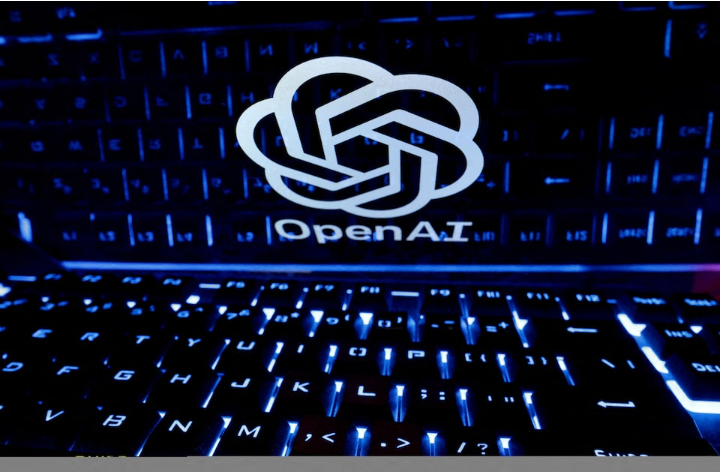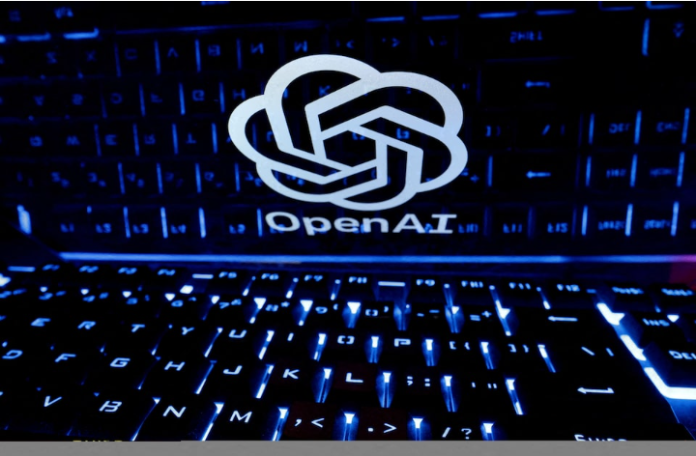A prominent watchdog group is raising new alarms over OpenAI’s latest organizational revamp, warning that the changes could weaken critical safeguards designed to keep its artificial intelligence technology in check.
The group, Not For Private Gain—which includes former OpenAI employees and renowned AI experts like Geoffrey Hinton—sent a letter on May 12 to attorneys general in California and Delaware. Their message: the updated restructuring plan still leaves too much room for OpenAI to prioritize profits over public interest.
This isn’t the group’s first warning. Back in April, the same coalition spoke out against OpenAI’s earlier plan to strip control from its nonprofit arm, igniting a wave of public criticism and legal scrutiny. That backlash, combined with a lawsuit from co-founder Elon Musk, eventually forced OpenAI to adjust its course.
Now, OpenAI proposes transforming its for-profit arm into a Public Benefit Corporation (PBC)—a legal structure that blends profit-making with social responsibility. Under this setup, the nonprofit parent would remain a key shareholder, theoretically maintaining influence over major decisions.
But critics argue the new plan doesn’t go far enough.
According to the May 12 letter, the current structure gives OpenAI’s nonprofit total control over the company, including the ability to fire executives and enforce its mission. That level of authority is crucial because it’s the basis for legal oversight by state attorneys-general.
The proposed PBC model, however, would weaken the nonprofit’s power. While the nonprofit would still be a major shareholder, it would no longer have full operational control over OpenAI’s day-to-day actions. This shift, the letter argues, could make it harder to ensure the company stays aligned with its original goal—developing AI that benefits all of humanity.
OpenAI has defended its plan, saying that converting into a PBC will help it raise the enormous capital needed to compete in the high-stakes AI race. Microsoft has already poured over $13 billion into the company, and industry competition is only intensifying.

The core concern from Not For Private Gain is simple: without strong governance from a mission-driven nonprofit, OpenAI might drift toward prioritizing investor returns at the expense of safety and ethics. The group believes this could lead to the development of powerful AI systems with fewer checks and balances.
As artificial intelligence becomes more embedded in society, shaping everything from search engines to healthcare decisions, the stakes couldn’t be higher. Ensuring that such technologies are created responsibly is not just a business decision—it’s a societal imperative.
The letter urges regulators to take a closer look at OpenAI’s revised plans and ensure that the company remains accountable to the public. For now, the debate continues, but one thing is clear: how OpenAI evolves will have far-reaching consequences for the future of AI.



